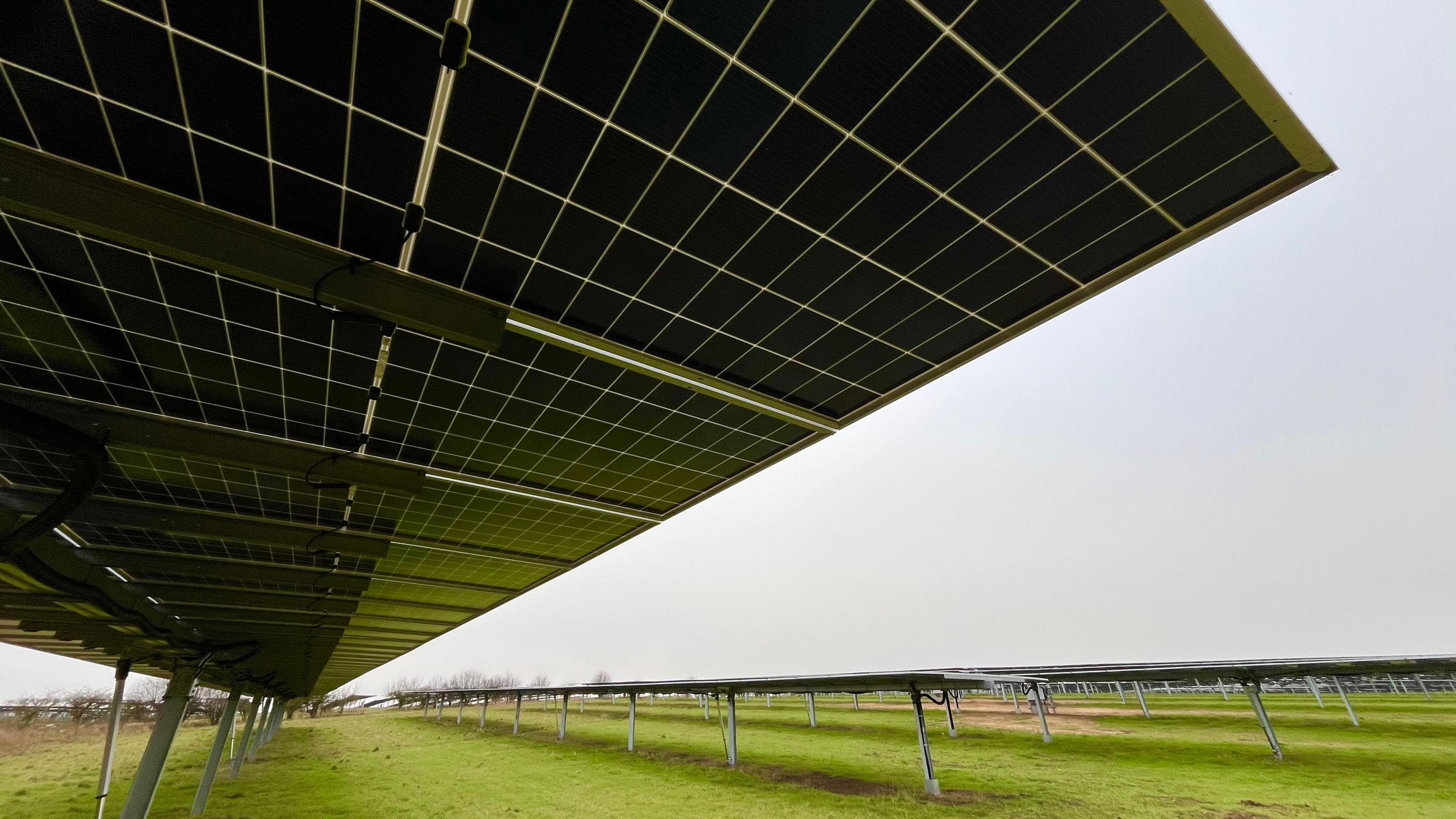Councillors vote to oppose farmland solar panels
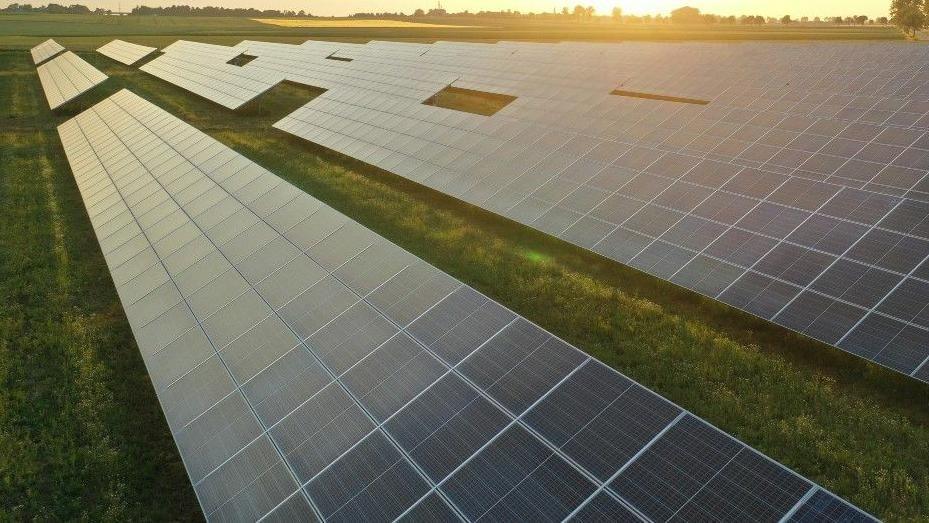
Photovoltaic panels generate energy from light (stock photo)
- Published
Councillors have voted to oppose solar farm plans across Derbyshire, after they were described by the Reform UK-run county council's leader as "Chinese-manufactured eco deserts".
The description formed part of a motion brought by leader Alan Graves at a meeting on Wednesday, which saw a large majority vote against solar farm and battery storage projects on agricultural land.
This is despite the authority not having a direct say in most planning decisions concerning such projects.
Energy Secretary Ed Miliband has said solar technology offers a chance to boost the country's energy independence, bring down bills and tackle climate change.
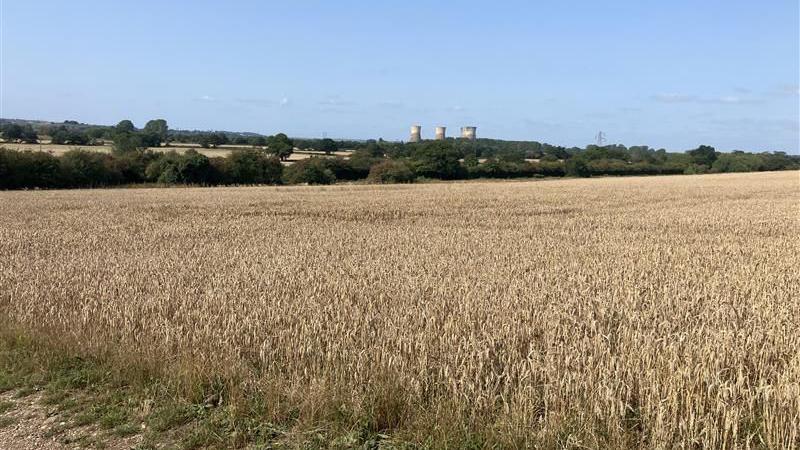
Land near the South Derbyshire hamlet of Arleston is earmarked for a solar farm
Graves's motion read: "The government obsession with net-zero should never be delivered in a way that disrespects local communities, negatively impacts productive farmland, and over-industrialises the countryside."
The vote was originally in response to five projects planned in South Derbyshire, but Conservative councillors successfully amended the motion to cover the whole county.
Graves accepted the amendment and said he wanted to "protect the rural landscape".
"I don't think it is diversification," he added. "I think it is actually damaging the countryside, because when people drive past, they like to see things being grown or cows or sheep roaming there."
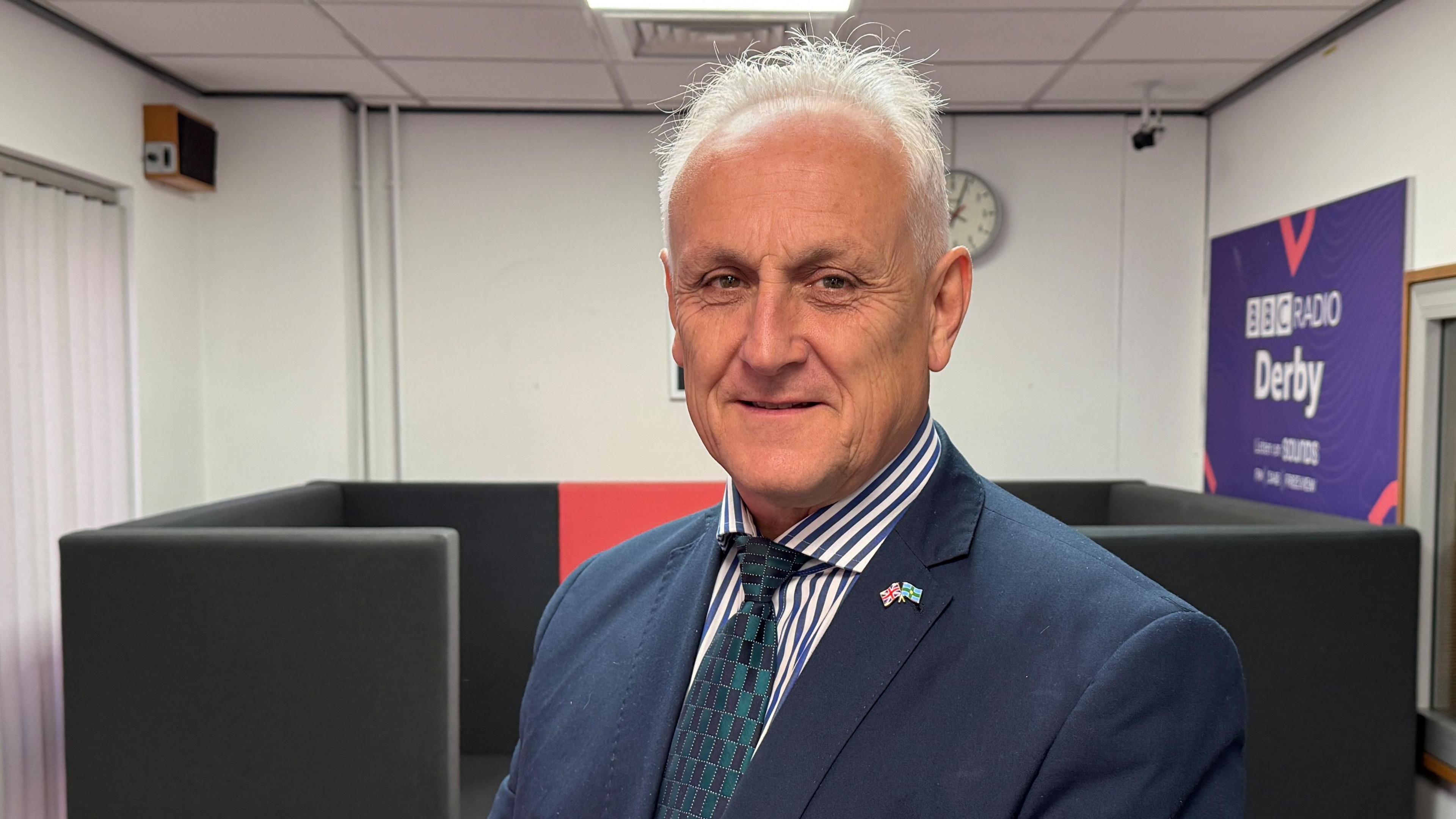
Derbyshire County Council leader Alan Graves is opposed to large solar farms
Decisions on whether projects go ahead will be mostly made by district and borough councils but Graves said his administration would make sure its voice was heard.
"I think it'll make the political parties sit up and think 'do the people want this and if they don't, are they going to be an ex-government?'," he said.
Conservative leader Alex Dale said: "Even with lower grade land, this shouldn't be happening, we should have much more comprehensive strategies around roof top solar... and nuclear power."
Labour MP for South Derbyshire, Samantha Niblett, has previously said the area was being "inundated" with applications for solar farms.
She said this was because her constituency was in a "unique situation" due to having two main points of contact with the National Grid.
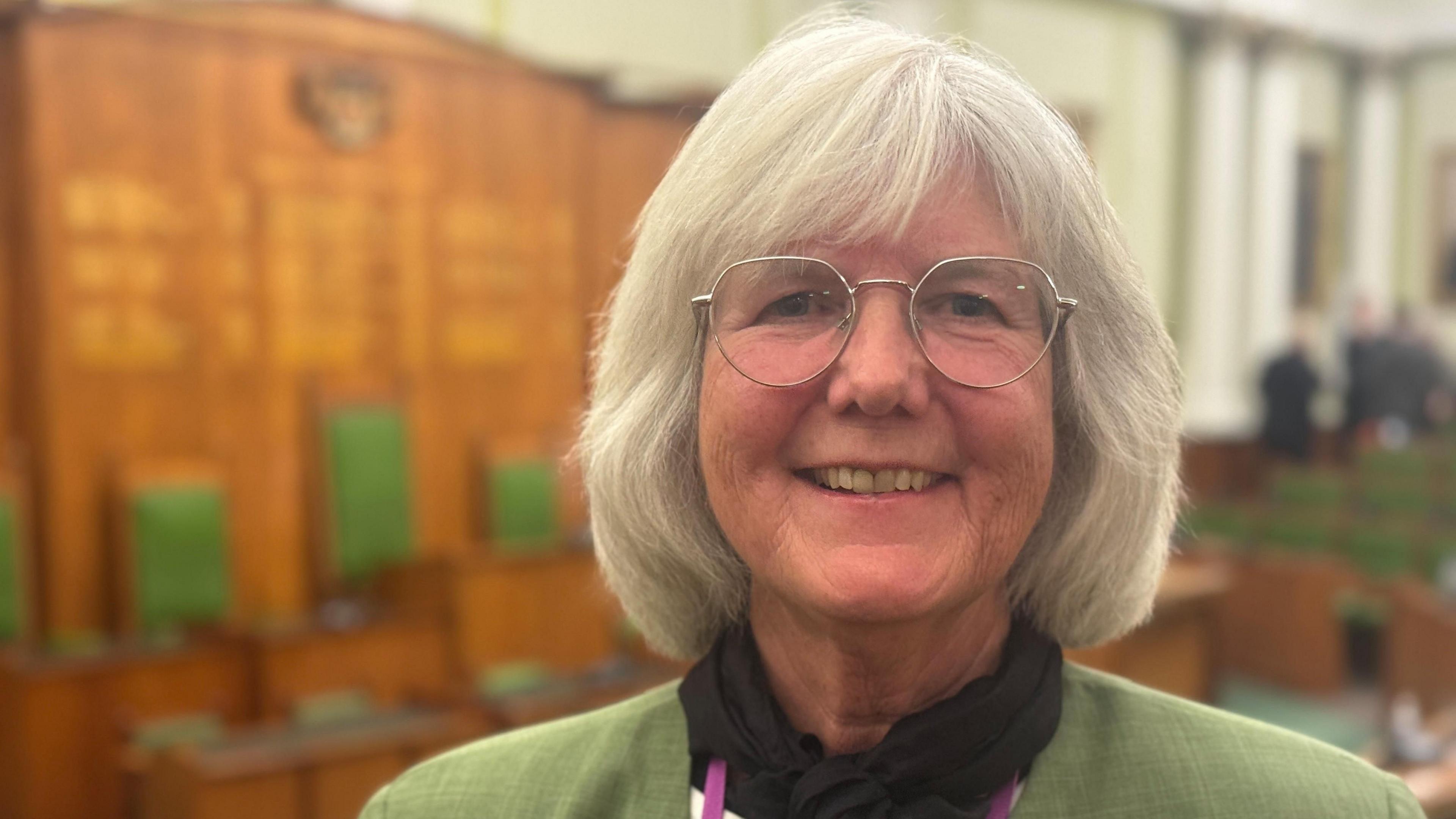
Green Party councillor Rachael Hatchett said supplying clean energy was about compromise
The Green Party in Derbyshire said consent for major schemes was key and that it was important that local people benefitted from developments near them.
Green Party councillor Rachael Hatchett said: "It leaves us in a really difficult position... we need alternative sources of energy, we can't just go on as we are.
"That obviously has to include solar and wind, and to have a blanket ban on that in any part of the county is just ridiculous."
The National Farmers' Union (NFU) said solar projects on lower-quality agricultural land offered a good diversification option for farmers.
Evidence on the ecological impact of solar farms on the land is uncertain, but a recent study by Lancaster University, external suggested the schemes reduced plant growth and negatively affected soil health.
The researchers suggested strategies like raising the height of panels or spreading them out could reduce the effect.
Two-thirds (68%) of the solar panels imported by the UK came from China in 2024, according to HMRC trade data.
Get in touch
Tell us which stories we should cover in Derby
Follow BBC Derby on Facebook, external, on X, external, or on Instagram, external. Send your story ideas to eastmidsnews@bbc.co.uk, external or via WhatsApp, external on 0808 100 2210.
Related topics
- Published20 July
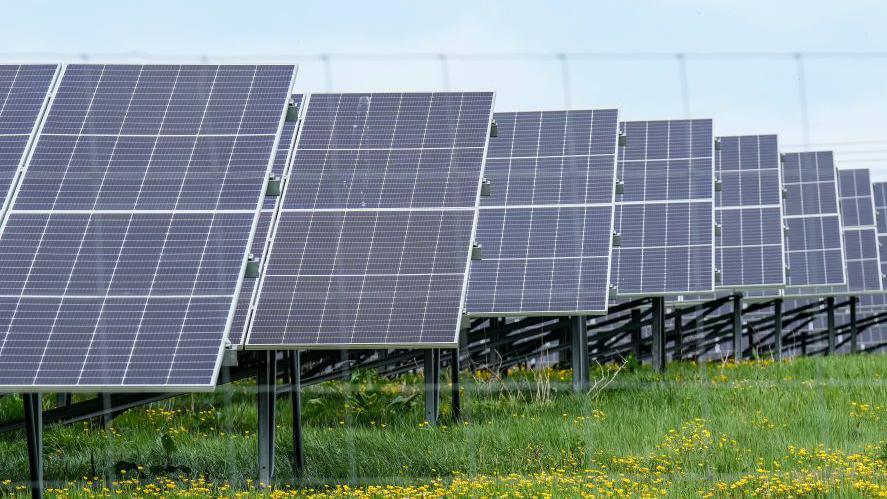
- Published24 January
